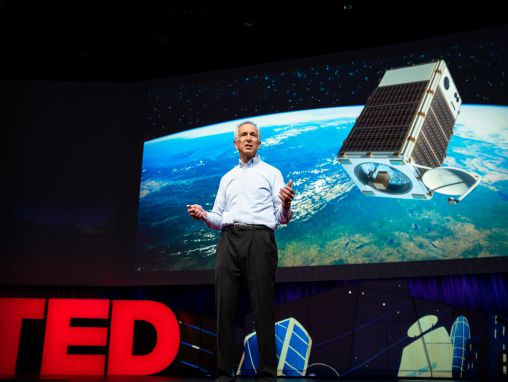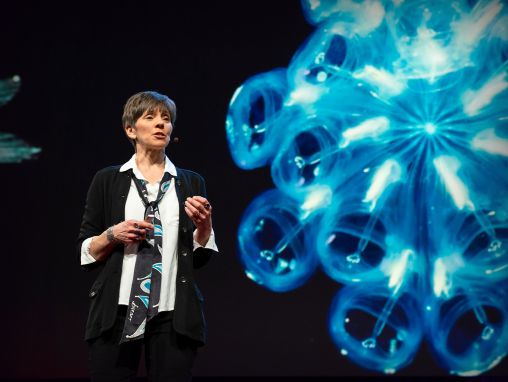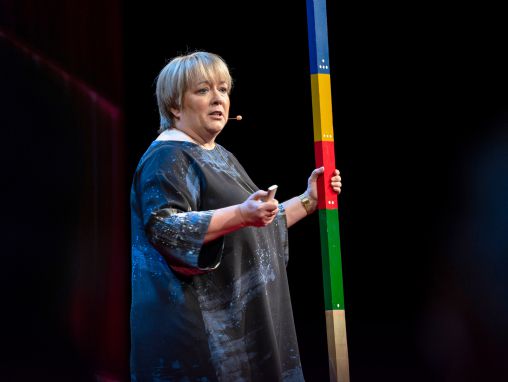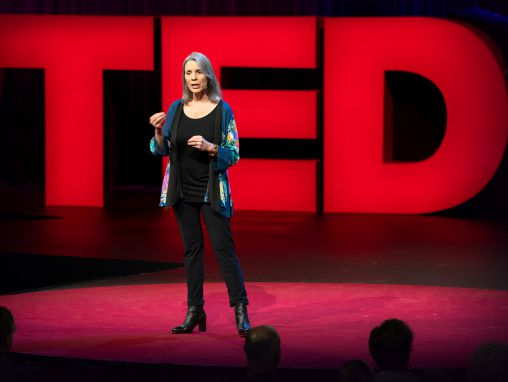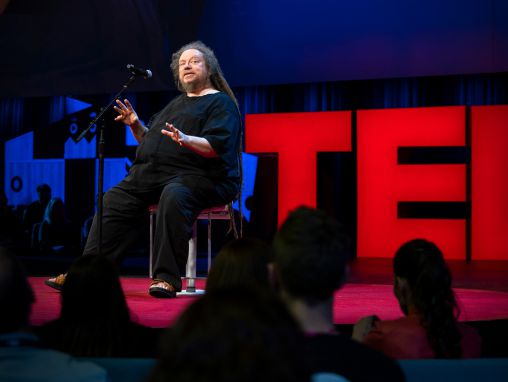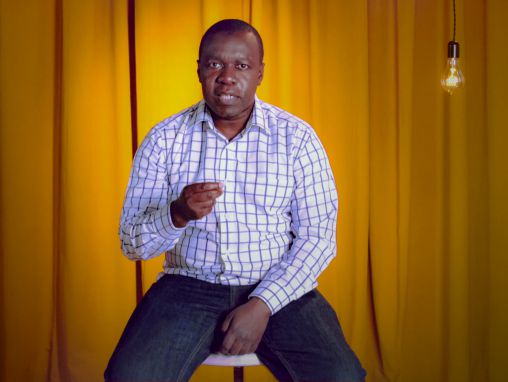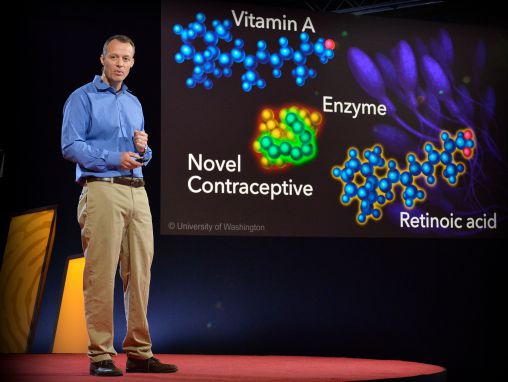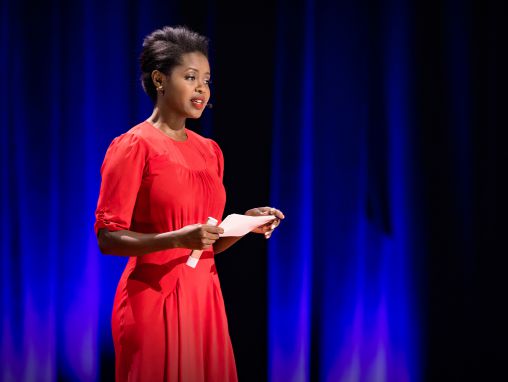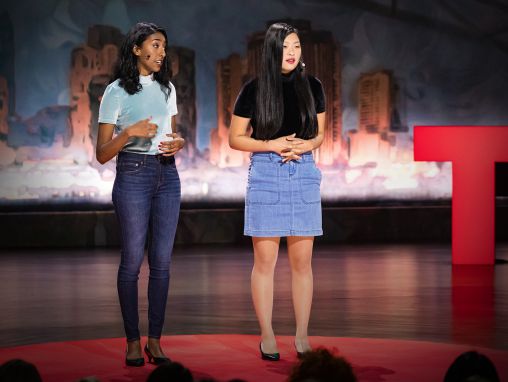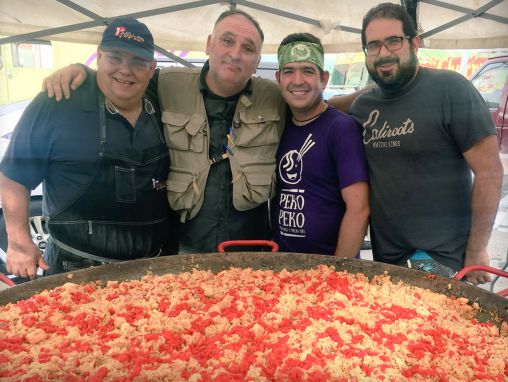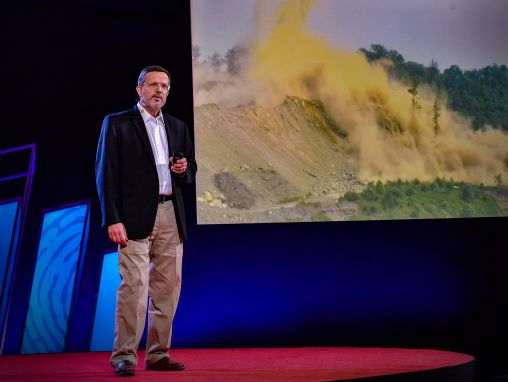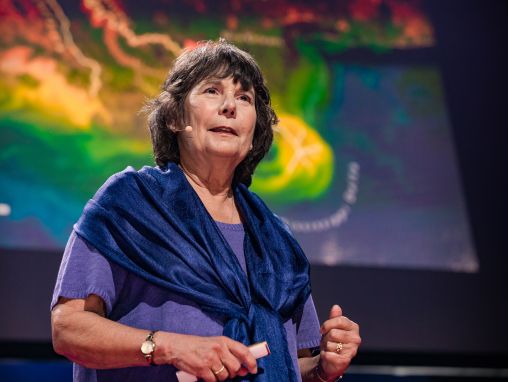TED2018
Fred Krupp: Let's launch a satellite to track a threatening greenhouse gas
When we talk about greenhouse gases, carbon dioxide gets the most attention -- but methane, which often escapes unseen from pipes and wells, has a far greater immediate impact on global warming. Environmentalist Fred Krupp has an idea to fix the problem: launch a satellite that tracks global methane emissions, and openly share the data it collects with the public. Learn more about how simple fixes to cut down on this invisible pollutant can help us put the brakes on climate change. (This ambitious idea is part of The Audacious Project, TED's initiative to inspire and fund global change.)
